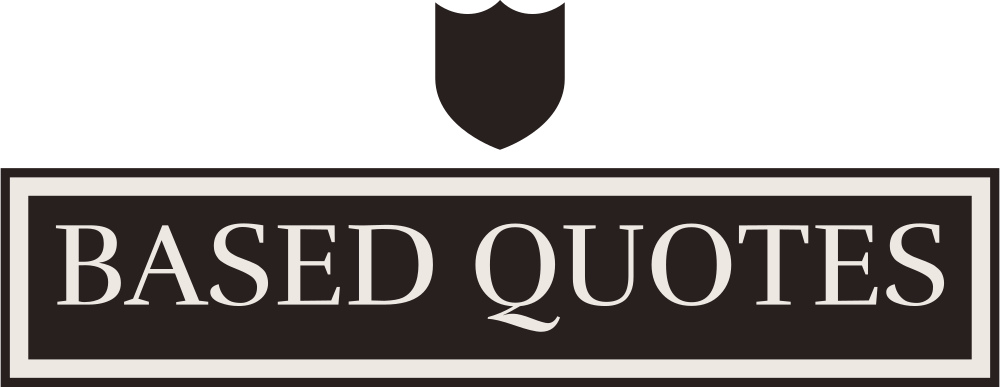
Ayn Rand
Biography
Alice O'Connor (born Alisa Zinovyevna Rosenbaum;[a] February 2, [O.S. January 20] 1905 – March 6, 1982), better known by her pen name Ayn Rand (/aɪn/), was a Russian-American writer and philosopher. She is known for her fiction and for developing a philosophical system she named Objectivism. Born and educated in Russia, she moved to the United States in 1926. She wrote a play that opened on Broadway in 1935. After two early novels that were initially unsuccessful, she achieved fame with her 1943 novel, The Fountainhead. In 1957, Rand published her best-known work, the novel Atlas Shrugged. Afterward, until her death in 1982, she turned to non-fiction to promote her philosophy, publishing her own periodicals and releasing several collections of essays. Rand advocated reason as the only means of acquiring knowledge; she rejected faith and religion. She supported rational and ethical egoism and rejected altruism. In politics, she condemned the initiation of force as immoral[5][6] and opposed collectivism, statism, and anarchism. Instead, she supported laissez-faire capitalism, which she defined as the system based on recognizing individual rights, including property rights. Although Rand opposed libertarianism, which she viewed as anarchism, she is often associated with the modern libertarian movement. In art, Rand promoted romantic realism. She was sharply critical of most philosophers and philosophical traditions known to her, except for Aristotle, Thomas Aquinas and classical liberals. Rand's fiction received mixed reviews from literary critics.[ Although academic interest in her ideas has grown since her death, academic philosophers have generally ignored or rejected her philosophy because of her polemical approach and lack of methodological rigor.[4] Her writings have influenced some libertarians and conservatives politically. The Objectivist movement attempts to spread her ideas, both to the public and in academic settings
Quotes from Ayn Rand
"Individual rights are the means of subordinating society to moral law."
856
"The moral justification of capitalism is man’s right to exist for his own sake, neither sacrificing himself to others nor sacrificing others to himself."
857
"Man—every man—is an end in himself."
858
"The only proper purpose of a government is to protect man’s rights."
859
"A 'right'…means freedom from physical compulsion, coercion or interference by other men."
860
"Rights impose no obligations on [neighbors] except of a negative kind: to abstain from violating his rights."
861
"The right to property…does not mean that others must provide him with property."
862
"The right to property…is not a guarantee that a man will earn any property, but only a guarantee that he will own it if he earns it."
863
"The right to life is the source of all rights—and the right to property is their only implementation. Without property rights, no other rights are possible."
864
"The collective cannot decide what is to be the purpose of a man’s existence nor prescribe his choice of happiness."
865
"Man holds…rights, not from the Collective nor for the Collective, but against the Collective…man’s protection against all other men."
866
"Any alleged 'right' of one man, which necessitates the violation of the rights of another, is not and cannot be a right."
867
"If some men are entitled by right to the products of the work of others, it means that those others are deprived of rights."
868
"America’s abundance was created not by public sacrifices to 'the common good,' but by the productive genius of free men."
869
"Since only an individual man can possess rights…'individual rights' is a redundancy. But…“collective rights” is a contradiction in terms."
870
"Since the only proper function of a government is to protect man’s rights, it cannot claim title to his life in exchange for that protection."
871
"An individualist…says: 'I will not run anyone’s life—nor let anyone run mine. I will not rule nor be ruled. I will not be a master nor a slave.'"
872
"No one’s rights can be secured by the violation of the rights of others."
873
"Freedom…comes down to a single question: do you consider it moral to treat men as sacrificial animals and to rule them by physical force?"
874
"Freedom, in a political context, means freedom from government coercion. It does not mean freedom from the landlord, or freedom from the employer, or freedom from the laws of nature which do not provide men with automatic prosperity."
875
"In a capitalist society, all human relationships are voluntary. Men are free to cooperate or not, to deal with one another or not, as their own individual judgments, convictions, and interests dictate."
876
"A society that robs an individual of the product of his effort…is…but a mob held together by institutionalized gang-rule."
877
"It is the institution of private property that protects and implements the right to disagree."
878
"The smallest minority on earth is the individual. Those who deny individual rights cannot claim to be defenders of minorities."
879